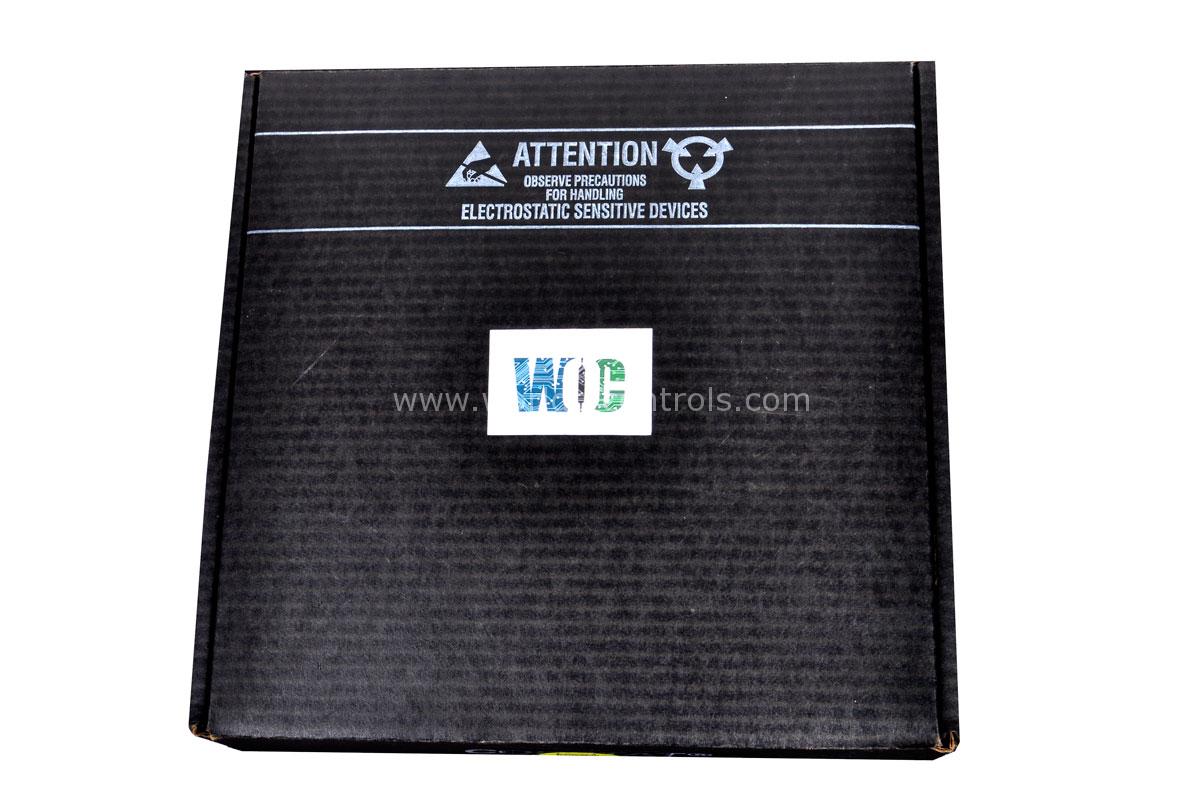SPECIFICATIONS
Part Number: DS3800PCLA
Manufacturer: General Electric
Series: Mark IV
Product type: Core Analog I/O Module
Availability: In Stock
Country of Manufacture: United States (USA)
Functional Description
DS3800PCLA is a Core Analog I/O Module designed and developed by GE. It is a part of Mark IV control system. It facilitates analog signal processing, ensuring seamless communication between sensors, controllers, and actuators in GE control system.
Key Features and Components
- High-Performance Circuitry: Engineered with high-speed CMOS static RAM chips, ensuring efficient data storage and retrieval. Additional key components include,
- Hex inverting gates - used for signal processing and logic control.
- Octal tri-state buffers/line drivers/line receivers - supporting high-speed communication and signal amplification.
- 2-input positive-NAND Schmitt triggers - improving noise immunity and providing stable digital signal transitions.
- Resistor Network Arrays: The board incorporates five resistor network arrays, often used for voltage division and signal conditioning, ensuring accurate analog input/output functionality.
- Connector Interfaces: Features multiple high-quality connectors, allowing seamless integration within the Mark IV control system:
- Two Augat connectors - providing secure electrical connections.
- Two 218A4637P1 mating connectors - right-angled male connectors for efficient space management.
- One 218A4553-1 AMP 533002-1 connector - enabling multi-pin connections for enhanced signal distribution.
- Diagnostic & Status Indicators: The module is equipped with three Light Emitting Diodes (LEDs) for real-time status indication.
- Two red LEDs - likely indicating fault conditions or active signals.
- One amber LED - possibly used for system warnings or power status.
- These LEDs help operators quickly diagnose operational states and potential issues.
- Configuration Flexibility with Jumper Switches: Includes eighteen jumper switches, allowing users to configure circuits based on system requirements.
- J15 & J16 – Can be set to IN or OUT to control circuit flow.
- J8 - Can be configured as INT (Internal) or EXT (External) for different operational modes.
- Other jumpers may toggle between one or zero, or 2kohm and 4kohm resistance settings, providing additional customization.
- Durability & Mechanical Design: The board is factory-drilled at all corners for easy mounting. Two extractors are installed for hassle-free installation and removal.
- Capacitors are predominantly fixed vacuum type, though some are made from other materials. Resistors are primarily ceramic-coated metal film, ensuring high durability and performance.
WOC is happy to assist you with any of your GE requirements. Please contact us by phone or email for pricing and availability on any parts and repairs.
FREQUENTLY ASKED QUESTIONS
What is DS3800PCLA?
It is a Core Analog I/O Module designed and developed by GE.
What components are used in the Module?
The module includes high-speed CMOS static RAM, hex inverting gates, octal tri-state buffers, Schmitt triggers, resistor network arrays, and vacuum capacitors to enhance performance and reliability.
What connectors are available on the Module?
It features two Augat connectors, two 218A4637P1 right-angled male connectors, and one 218A4553-1 AMP 533002-1 connector, ensuring secure and efficient connections within the control system.
